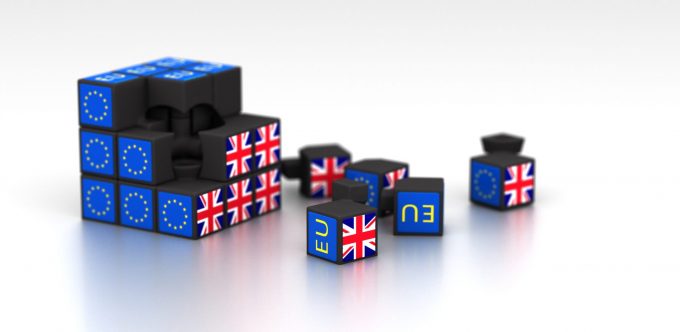BBC: Iranian troops descend from helicopter to seize Israel-linked ship
Confirming coverage elsewhere, BBC reports: Iran has seized a commercial ship with links to Israel as ...

Research undertaken by advocacy group the British Chambers of Commerce (BCC) on 1,000 businesses, mostly SMEs, shows only 12% of UK exporters believed the trade and co-operation agreement (TCA), the post-Brexit trade deal with Europe, was enabling them to grow or increase sales, while 71% did not.
The survey results from respondents, many exporters and almost all SMEs of 250 employees or fewer were published yesterday.
“These smaller firms are feeling most of the pain of the new burdens in the TCA,” said William Bain, head of trade policy at the BCC.
He added that they lacked “…the time, staff or money to deal with the additional paperwork and rising costs involved with EU trade; nor can they afford to set up a new base in Europe or pay for intermediaries to represent them”.
Some 60% of exporters reported facing difficulties adapting to the TCA changes, while 17% found the adjustment “easy”. Taking all the respondents into account — not just UK exporters — just 8% of firms believed the TCA was “enabling their business to grow or increase sales”, while 54% disagreed.
There were 59 comments specifically praising the TCA as actively advantageous, saying it encouraged them to look at other markets outside Europe, and that it had provided better stability to allow them to plan. But some 320 companies commented on the disadvantages, with complaints such as increased costs, insurmountable bureaucracy or EU customers being put off altogether.
The BCC argued for more open and “pragmatic” approaches to free movement, customs enforcement, paperwork and other business complications, and called on the UK to make “side deals” and “supplementary” agreements with the EU, similar to those with Norway.
“This is the latest BCC research to clearly show there are issues with the EU trade deal that need to be improved,” Mr Bain said. “Yet it could be so different.
“There are… relatively simple steps UK and EU policymakers could take to ease the burden on businesses struggling with the trade deal. If both sides took a pragmatic approach, they could reach a new understanding on the rules and then build on that.”
The challenges of UK-EU post-Brexit trade are difficult to ignore and The Loadstar has reported extensively on some of the knock-on effects, including instances of businesses allegedly circumventing Customs to get their goods moving.
However, it has yielded opportunities for ferry lines and for ports, as blockages at Customs have incentivised unconventional trade patterns and port calls.
But in the past 24 hours, Jacob Rees-Mogg, the UK’s new minister for Brexit opportunities, has insisted the separation was “already a success” and there was scant evidence of an adverse impact.
“I think Brexit has been extremely beneficial for the country,” he told the BBC. “I think evidence that Brexit has caused trade drops is few and far between.”
Comment on this article